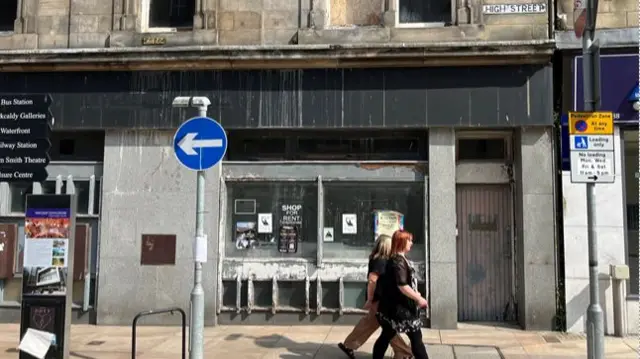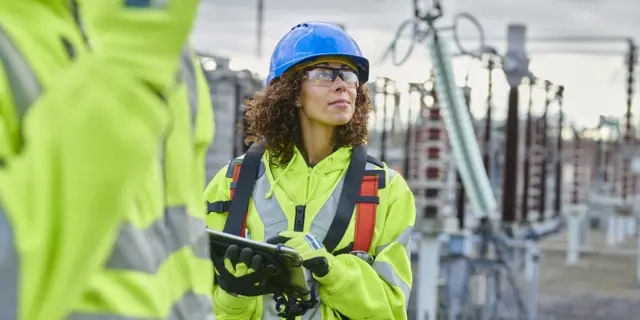Seven ways the Spending Review will affect youpublished at 18:15 BST 11 June
 Kevin Peachey
Kevin Peachey
Cost of living correspondent
Our team of experts have now finished answering your questions about the Spending Review, but our cost of living correspondent has also broken down some of the ways today's announcements will impact you and your money.
Job prospects and security
The defence sector and the NHS are getting a significant amount of government funding. Science and tech will see investment. Other areas much less so.
That could lead to more jobs, or a squeeze, in the public sector, depending on where you work.
Free school meals
In the run-up to the Spending Review the government announced that any child in England whose parents receive universal credit will be able to claim free school meals from September 2026.
Winter fuel payment U-turn
This winter, the fuel payment will go to all pensioners in England and Wales who have an annual taxable income of £35,000 or less. Separate policies in Scotland and Northern Ireland may now be reconsidered.
Commuting costs and transport links
In October, the £2 cap on bus fares, covering most bus journeys in England, was raised to £3.
This was due to run until the end of 2025, but now the government says it will last until "at least" March 2027. There are separate bus caps in London and Manchester.
Bins and local services
It will take some time to work out how much each department is receiving from 2026 to 2029.
Local government funding can have a direct impact on your life. It may be the availability of social care for older people, which is covered by local government budgets, various local services or the cost of a parking permit.

















